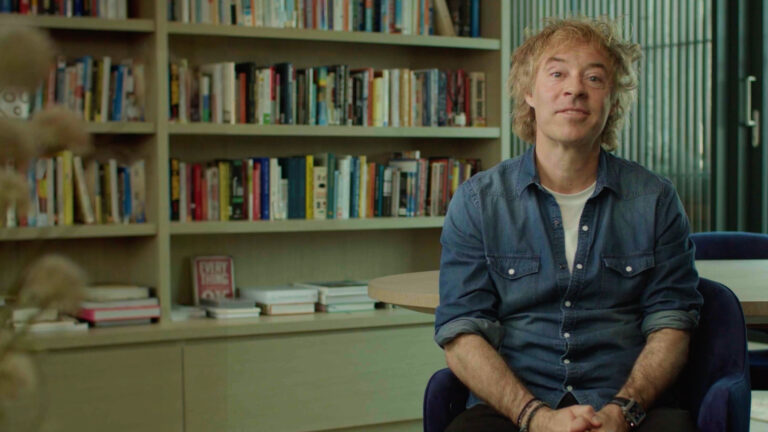Season 1: Finding and keeping great people
The role of hybrid working in the war for talent

Building a team has always been hard. If you ask any business owner today, they will tell you that it is now one of the most challenging tasks they face on a daily basis. The largest global experiment in home working forced on us during the pandemic has led to permanent changes in attitudes, mindsets and the wish list of both existing and future employees.
Work-life balance was previously discussed in hushed tones. However, having tasted the ability to work from home, many in the workforce reorganised their priorities and decided the five-day commute and office-based life was not for them. Widespread comedy social media posts of people refusing to go back to the office are not too far from the reality of what people are actually feeling.
A hybrid solution seems to be the current mode of choice for existing employees and also for those that a business may be looking to hire. So, what does a business have to do and think about to find great people and retain the stars that are already within their business?
Flexibility
Flexibility is the key to success. The days of an office based five-day per week 9-5 job are over and will never return. Every recruiter, client and business owner that I have spoken with all agree that if you want to attract or retain staff you will have to offer flexibility. If not, the available talent pool will be significantly restricted.
This is where hybrid working will come in. Every person that I have employed recently has wanted to work from home a minimum of two days per week, a desire that just a few years ago would have caused internal concern but today is expected. There are some businesses where this just may not be feasible but given the desire to achieve a work-life balance those potential employees may seek to switch employer or even sector.
Business owners must think differently. This flexibility may not solely be around the days in the office but also hours worked. I have seen employers offering the ability to work flexible hours so that members of their team can do the school run work very successfully. We have just offered a role to an exciting prospect on flexible terms so that they can work reduced days during school holidays and more days during term time. If you want the person think creatively! This also demonstrates that you appreciate your team, their circumstances and that you value them within the organization.
Technology
Technology has been the enabler driving many of these changes. Zoom, Teams, Slack, Whatsapp have all meant that we can communicate and collaborate in ways that were science fiction a short time ago. Using technology will enable companies to think further than before in terms of the talent pool. Geographical restrictions have been reduced dramatically.
Our firm have our managed services helpdesk in Glasgow, Scotland, and the manager of our bookkeeping team based in Manchester, England. This would previously have been impossible, but technology has allowed us to work closely together and build a team that does not have to be located in the office catchment area.
Technology has delivered significant advantages but also additional challenges for business owners. Digital burnout caused by long term exposure to digital platforms is on the rise. We are all guilty of taking that extra Zoom call first thing in the morning or in the evening along with struggling to draw the line between work and home when working from home. Companies have a responsibility to ensure the health of their team both physically and mentally by managing the potential effects of working from home and over-reliance on technology.
Culture
Undoubtedly the single biggest challenge of hybrid working is the ability to build the culture and train a team that are working remotely. I have been asked numerous times how you get your team to understand your passion and vision if they are working from home. Honestly, it’s really hard!
Every business I have built has been with a team in the office so this is a new challenge for me as well. The key has been and will remain getting the team together in the office as often as possible, making sure that social events are organised and the team can get together, ensuring that team members that are working from home are not forgotten and ensuring that we are inclusive and do all we can to make them feel part of the business.
Businesses are facing unprecedented challenges to attract and retain staff, but this is nothing new. Working practices evolved and so must our thinking to ensure that we can continue to build our teams today and into the future.





Leave a comment